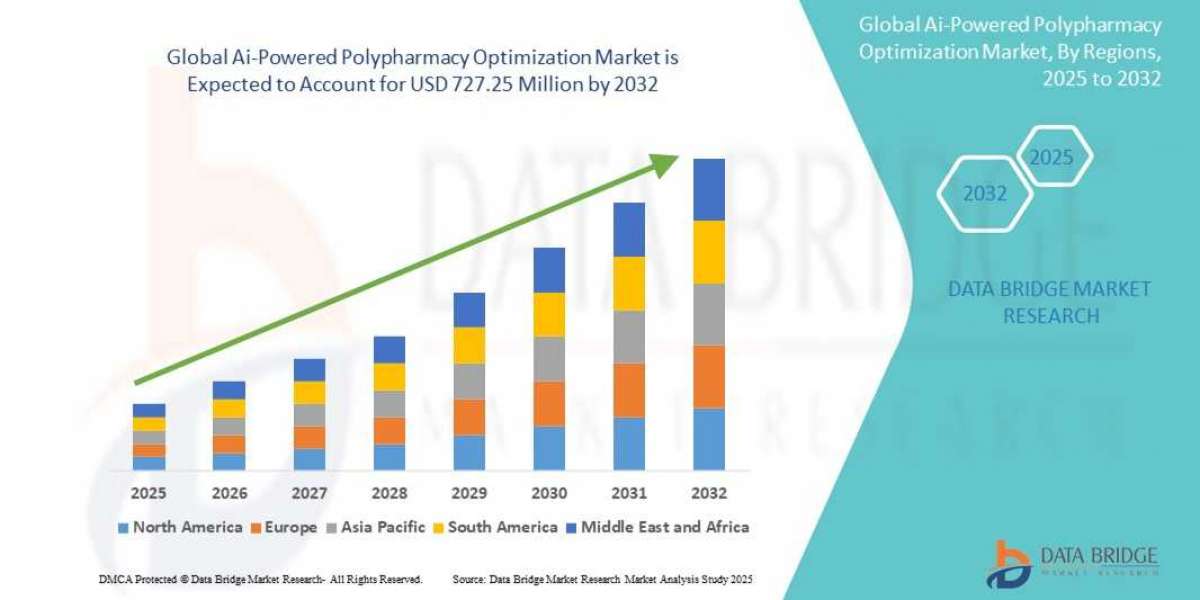Medical Vending Machines Emerge as Key Players in Global Healthcare Accessibility
Worldwide – The landscape of healthcare delivery is undergoing a quiet yet significant transformation with the increasing deployment of medical vending machines (MVMs). Once primarily associated with snacks and drinks, these automated kiosks are now dispensing essential over-the-counter medications, personal protective equipment (PPE), first-aid supplies, and even reproductive health tools, promising 24/7 access and enhanced privacy for consumers globally.
Addressing Gaps in Healthcare Access:
The rise of MVMs is largely driven by a growing recognition of the need for convenient and immediate access to basic healthcare items, particularly in areas with limited pharmacy hours or in remote locations. These machines are being strategically placed in diverse public spaces, including:
- Hospitals and Clinics: Streamlining access to medical supplies for both staff and visitors, especially during off-hours.
- Public Transport Hubs: Providing travelers with quick access to essential items like pain relievers, cold medicines, and hygiene products.
- Workplaces and Educational Institutions: Offering convenient access to common remedies and first aid.
- Underserved Communities: Bridging gaps in healthcare access where traditional pharmacies may be scarce.
Technology Powers the Shift:
Modern MVMs leverage advanced technology to ensure efficient and secure dispensing. Features often include:
- Inventory Management Systems: Real-time tracking of stock levels, alerting operators for timely replenishment and minimizing shortages.
- Temperature Control: Ensuring the integrity and efficacy of temperature-sensitive medications.
- Cashless Payment Options: Accepting various digital payment methods for seamless transactions.
- Telemedicine Integration: Some advanced kiosks are even exploring integration with telehealth platforms, allowing for brief virtual consultations before dispensing certain medications.
- AI-Powered Monitoring: Utilizing AI for improved accuracy in dispensing and potentially for identifying product demand trends.
Benefits Beyond Convenience:
Beyond immediate accessibility, MVMs offer several advantages:
- Reduced Workload for Healthcare Staff: Freeing up pharmacists and medical personnel from routine dispensing tasks, allowing them to focus on more complex patient care.
- Cost-Effectiveness: Potentially lowering operational costs compared to traditional brick-and-mortar pharmacies.
- Privacy and Discretion: Offering a private alternative for individuals seeking sensitive health products, which can be particularly beneficial for stigma-associated items.
- Hygiene and Contactless Dispensing: Minimizing human contact, a benefit emphasized during and after the recent pandemic.
Challenges and the Path Forward:
Despite the promising outlook, the expansion of medical vending machines faces hurdles. Regulatory frameworks for dispensing medications via vending machines vary significantly across regions and often require careful navigation. Initial investment costs for sophisticated machines and ongoing maintenance are also considerations. Concerns regarding data security and the potential for misuse of medications remain important discussion points.
However, industry experts and public health officials are actively working to address these challenges. There is a growing push for standardized regulations, collaborative efforts to develop robust security protocols, and innovative solutions to ensure the responsible and equitable deployment of MVMs. As technology continues to advance and healthcare access remains a global priority, medical vending machines are poised to play an increasingly vital role in shaping the future of accessible health services.








